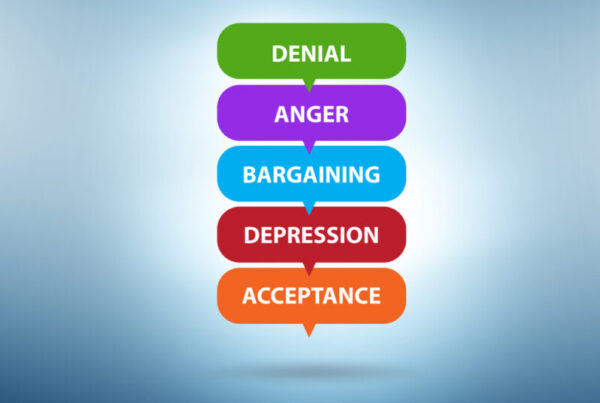As is too often the case, substance addiction tends to be tied to parallel conditions such as depression, anxiety, or PTSD. As if suffering from even one of these conditions were not bad enough, all three conditions are often intertwined in an individual’s psyche in the wake of trauma; unfortunately, coping with such conditions in addition to substance abuse issues can often feel like a losing battle, even if the right approach to healing would potentially do wonders for our sense of well-being and quality of life.
Why Trauma Eats Away at Our Lives
To truly understand the underlying issues surrounding substance abuse, it is often necessary to first understand why trauma holds such power over our minds and bodies. It is no secret that the experience of trauma can be debilitating, causing long-term unemployment, social problems, and a deep sense of isolation in its sufferers. Compounded with these “side-effects” of conditions such as PTSD is the non-stop sense of shame that accompanies the disorder via intrusive thoughts; as though it were not enough to simply experience difficulty socializing or finding work, we often blame ourselves for these outcomes, believing ourselves to “deserve” the unhappiness that we inevitably experience in the wake of unemployment or social isolation.
When Needs Go Unmet
So how can understanding conditions such as PTSD help us deal with substance abuse issues? Part of the battle in overcoming substance abuse is understanding why we use substances to cope with our problems. If anything, substance abuse is simply an unhealthy substitute for the fulfillment of basic but essential psychological and physical needs. Suppose for a second that we are the victim of a robbery at a young age, for example. Prior to the robbery, our world seemed secure; we could rely on feeling positive throughout the majority of each day; our needs in life were usually met in a timely manner, and we didn’t experience sleep disturbances or intrusive thoughts on anything like a debilitating scale.
After the robbery, however, we find it difficult to sleep. We re-experience trauma when we are in areas of our city that resemble the place where the robbery took place. We feel a constant sense of agitation and an inability to concentrate in school or at work. We find that we are angry with our partner or with family members over inconsequential matters. In the short term, we find that alcohol or drugs seem to placate the feelings of anxiety or depression that are turning our lives upside down; unfortunately, we also need to drink or use substances in ever-greater amounts to provide ourselves with feelings of safety and security. After a few years, our health and finances are in tatters, and if we are being honest with ourselves, we feel worse than ever. And still, our deep psychological needs for security and safety remain unfulfilled.
Why PTSD-Focused Treatment Works
In a case such as this, it is clear that for a person to adequately deal with substance abuse issues, they must first fulfill their personal needs with healthy behaviors. As a coping mechanism, substance abuse does nothing to improve a situation. If our need is to feel secure, for example, alcohol or drugs may make us feel “safe” for a short period of time, but this sense of safety is illusory and even detrimental to our physical and mental health.
By using tried-and-true coping mechanisms such as criticizing negative self-talk, using mindful meditation, and practicing assertiveness, however, we will often notice two things changing in our lives. Firstly, we will feel better over longer and longer periods of time. Substances only offer temporary relief, whereas healthy coping mechanisms provide real, long-term relief from the anxiety and depression that often accompany traumatic injury. Secondly, we will start to notice that our trauma does not have quite the hold over us that it once did. This is because we are healing ourselves of the traumatic experience rather than blocking it out. This is also why it is so crucial to use PTSD-focused treatment when approaching the problem of substance abuse.
For these reasons, understanding how we can fulfill our basic and essential needs in a healthy and rewarding way is a crucial step towards overcoming substance abuse issues. Too often, we mistake the symptom for the disease; indeed, stopping substance abuse patterns without first understanding what we will now do to fulfill our needs is a lot like ripping out a derelict roof without providing ourselves with a newer and better shelter.
Fortunately, PTSD-focused models for addiction treatment can do much to teach us about the genuine fulfillment of our needs, replacing the need we may feel for the short-term (but ultimately unhealthy or even deadly) solution of substance use. Truly, recovery that addresses PTSD or underlying trauma is a winning solution to the ultimately rewarding and life-giving process of overcoming substance abuse. And that is recovery done right!



